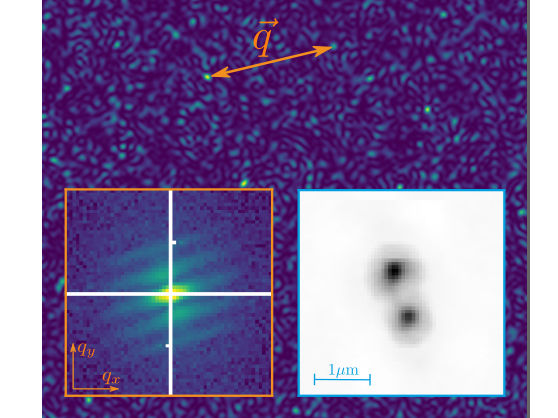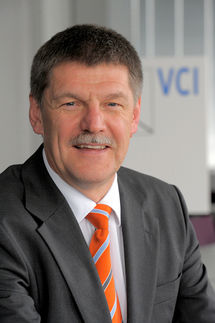BASF declares end of Force Majeure on Plastomoll DNA, Palatinol N, Hexamoll DINCH and selected Palamoll grades
BASF SE has fixed the causes for the force majeure for its iso-Nonanol- (INA) based plasticizers produced in Ludwigshafen, Germany, and can hence declare the termination of Force Majeure.
The Force Majeure was originally announced on July 21, 2010, due to a shortage of raw materials to produce the plasticizers Plastomoll® DNA, Palatinol® N, Hexamoll® DINCH and selected Palamoll® grades (652, 654, 656, 858) caused by an unforeseeable technical defect in the INA plant in Ludwigshafen, Germany.
Other news from the department manufacturing

Get the chemical industry in your inbox
By submitting this form you agree that LUMITOS AG will send you the newsletter(s) selected above by email. Your data will not be passed on to third parties. Your data will be stored and processed in accordance with our data protection regulations. LUMITOS may contact you by email for the purpose of advertising or market and opinion surveys. You can revoke your consent at any time without giving reasons to LUMITOS AG, Ernst-Augustin-Str. 2, 12489 Berlin, Germany or by e-mail at revoke@lumitos.com with effect for the future. In addition, each email contains a link to unsubscribe from the corresponding newsletter.
Most read news
More news from our other portals
Last viewed contents
Clariant continues to increase sales - Clariant improves profitability and remains on track to meet 2017 outlook
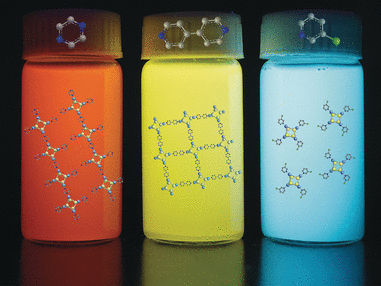
Shine bright like a nanoaggregate - Highly luminescent inks made from copper–iodine hybrid clusters with aggregation-induced emission
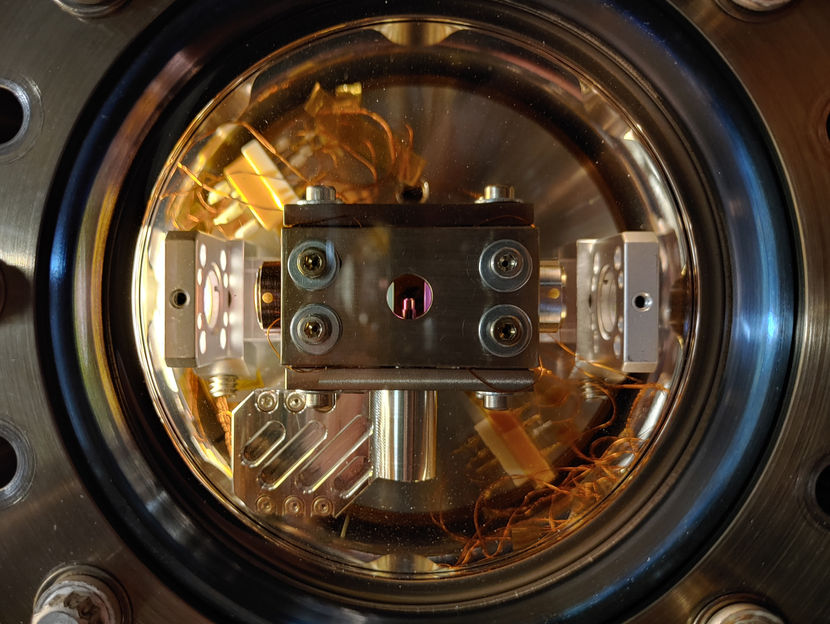
Two-dimensional quantum freeze - New opportunities for the design of ultra-sensitive sensors

Stretchable and self-healable lithium-ion battery - Promising for use in stretchable and wearable electronics
BASF declares Force Majeure
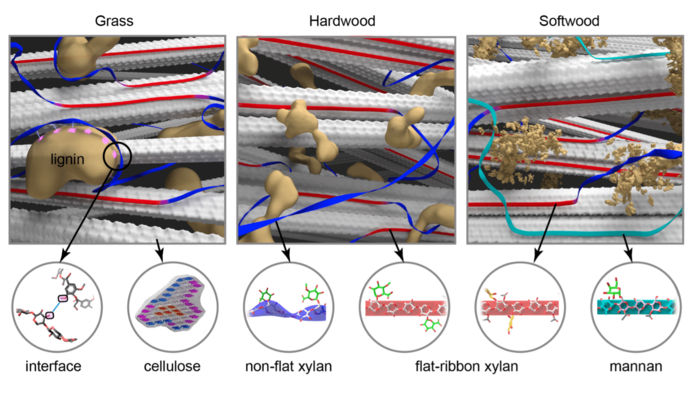
Chemists unlock the key to improving biofuel and biomaterial production - Spectroscopy method enables future opportunities for looking at complex biomolecules in different plants

Innovative materials for high-performance lithium batteries - Thomas Fässler receives the Arfvedson Schlenk Award
